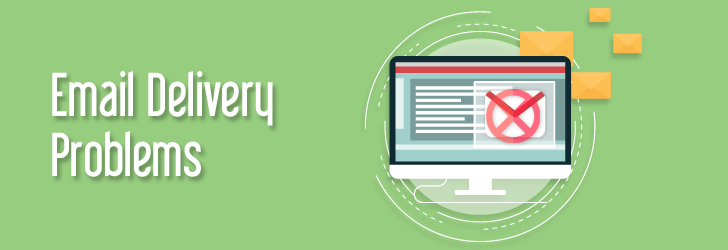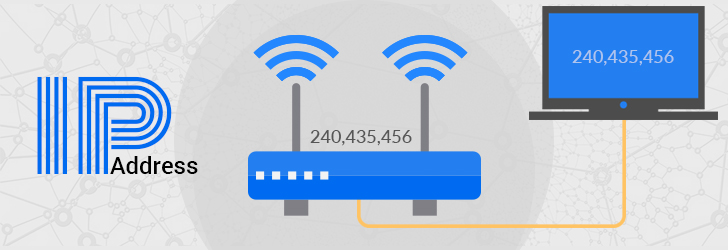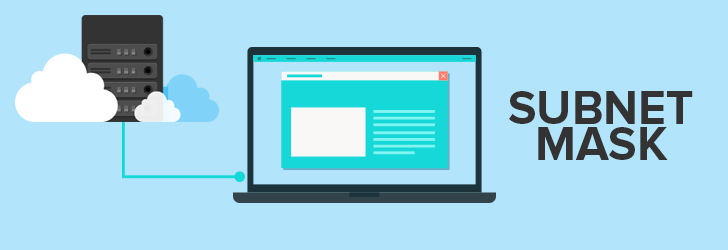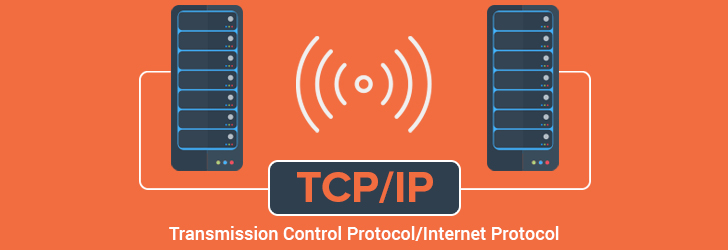
Nearly every website and smartphone app we use requires you to create an account. Creating an account means you'll have to create a username and password. Some websites allow you to use your email address as the username, but you'll have to create a password for each website or app you intend to use. Due to strong password requirements, many websites mandate a hard-to-guess password that is comprised of letters, numbers, and symbols. Some websites require capital letters while others won't allow certain character symbols. You tried to use one password for every website (or an app), but the password you created in the past doesn't meet a new password requirement so you're creating a new one with some variations. Having to use one password for every website is dangerous as not all websites are bulletproof to hackers, and they are all vulnerable to some level of security threats. Our memory cannot even keep up with a half-dozen passwords, and having to remember all passwords used is next to impossible. Some folks write down the password in a notebook (or in a cloud), but we all learned that saving clear-text passwords in the cloud is not a good thing to do. So, how do we keep up with all the passwords we created for each website and smartphone app we use? The simple answer is to use a password manager!
Browser Password Managers
With advancements in the browser world, every browser including Google Chrome, Safari, Firefox, Opera, and Microsoft Edge supports some degree of a built-in browser password manager. If you're using the Chrome Browser, it stores the encrypted passwords in your primary Google Account and it can be accessed from passwords.google.com. Google's password manager allows you to view clear-text passwords and also allows you to manage them. Safari browser combined with Apple's iCloud keychain can bring features similar to Chrome. Firefox also offers a decent level of password management with the ability to assign a master password. Opera and Edge also provide a basic password manager that you can utilize to make your digital life easier, but they are behind the major browser brands such as Chrome, Safari, and Firefox.
Third-party Password Managers
If you're like most people, using a password manager will make your life easier as you don't have to remember that 12-character-long password you created a year ago. Some people may question whether keeping all your passwords in one place such as in a password manager is a good thing to do. What if the company that is providing you with the password manager gets hacked? All password managers offered in the market use a digital vault mechanism that encrypts your password with a hash code (such as your master password) to prevent hackers from accessing clear-text passwords. Chances are that your passwords will be kept in a safe vault and stowed away from hackers from viewing them.
Most of us don't know what makes a good password, and how to create one with an appropriate length. Password Managers will help you create a strong password for each website you use, store them in a safe place, and recall them for you whenever you need to use it. Here are a few benefits you can get out of by using a password manager.
- Create a secure and unique password for each website you use (i.e. random password generator).
- Allows you to use the Password Manager on multiple devices (i.e. computer, smartphone, tablet, and more.)
- Multiple account support on a single site.
- Recall your password whenever you need it on any device you use.
- Flag weak and duplicate password, and offers to replace them.
- Besides passwords, you may also store secure information such as your family's SSN, Credit Card Number, Driver's License number, and more.
- Unlock your password manager with a Master Password.
- Provides import and export capabilities.
- Ability to sync between Windows, Mac, Android and iOS devices.
- Offers 2-factor authentication.
- Auto population of web forms such as the username, email, and password.
- Some products offer built-in VPN.
How does Password Managers work?
A typical password manager gets installed as a browser plug-in to recall a password on a particular website. Much like the default Chrome behavior, the password manager asks a user to save user credentials in a vault. If you have multiple accounts (i.e. on Google), it offers to store them and even offers to store an updated password if it detects a password change event. The ability to recall and populate web forms is a very nice feature. There are paid and free versions of the password managers. The paid products typically offer all or a major set of features described above while the free versions lack available features and limit the number of devices you can sync forcing you to use only 1 device, which makes the password manager useless.
Conclusion
With average users having more than 100 online accounts, it's next to impossible to maintain a strong password on every account they own without reusing the same password. We all know reusing the same password on different accounts is a bad thing to do, so Password Manager is the software we can rely on to keep track of our passwords. Browser password managers are getting better each day, but they still lack security and features compared to some of the premium password managers described above. Protecting your online accounts with strong passwords is the key to avoiding a victim of cybercrimes, and a password manager will help you do that.
Share this post
Popular Articles
Email Delivery Problems Explained

November 12, 2006
With ever growing number of spam emails flooding the Internet, more and more ISPs tighten their email filtering system to prevent spams delivered to their clients. It is virtually impossible to block even 50% of the spams arriving in a mail server, and there will always be false positives (legitimate emails filte [...]
Learn moreWhat is an IP Address?

February 16, 2007
The Internet Protocol Address (or IP Address) is a unique address that computing devices such as personal computers, tablets, and smartphones use to identify themselves and communicate with other devices in the IP network. Any device connected to the IP network must have a unique IP address within the network.
Learn moreWhat is a Subnet Mask?

February 22, 2007
address and the host address. A subnet mask separates the IP address into the network and host addresses (<network><host>). Subnetting further divides the host part of an IP address into a subnet and host address (<network><subnet><host>) if additional subnetwork is needed. Use the Learn more
What is a MAC Address?

March 18, 2007
MAC, Media Access Control, address is a globally unique identifier assigned to network devices, and therefore it is often referred to as hardware or physical address. MAC addresses are 6-byte (48-bits) in length, and are written in MM:MM:MM:SS:SS:SS format. [...]
Learn moreWhat is a TCP/IP?

April 8, 2007
TCP/IP, Transmission Control Protocol/Internet Protocol, is the suite of two protocols, TCP and IP, used to interconnect network devices on the Internet. The TCP performs the handshake between the network devices to establis [...]
Learn moreLeave a comment
All comments are moderated. Spammy and bot submitted comments are deleted. Please submit the comments that are helpful to others, and we'll approve your comments. A comment that includes outbound link will only be approved if the content is relevant to the topic, and has some value to our readers.

Comments (0)
No comment